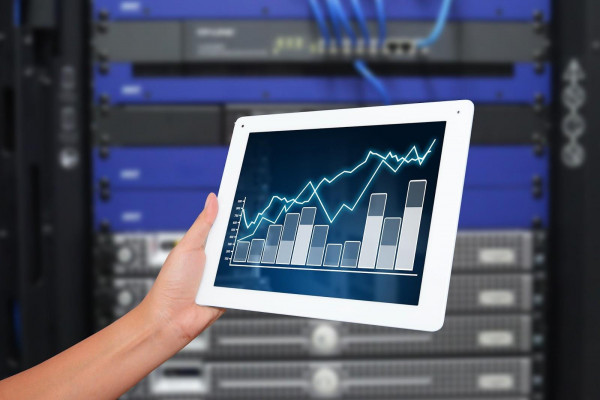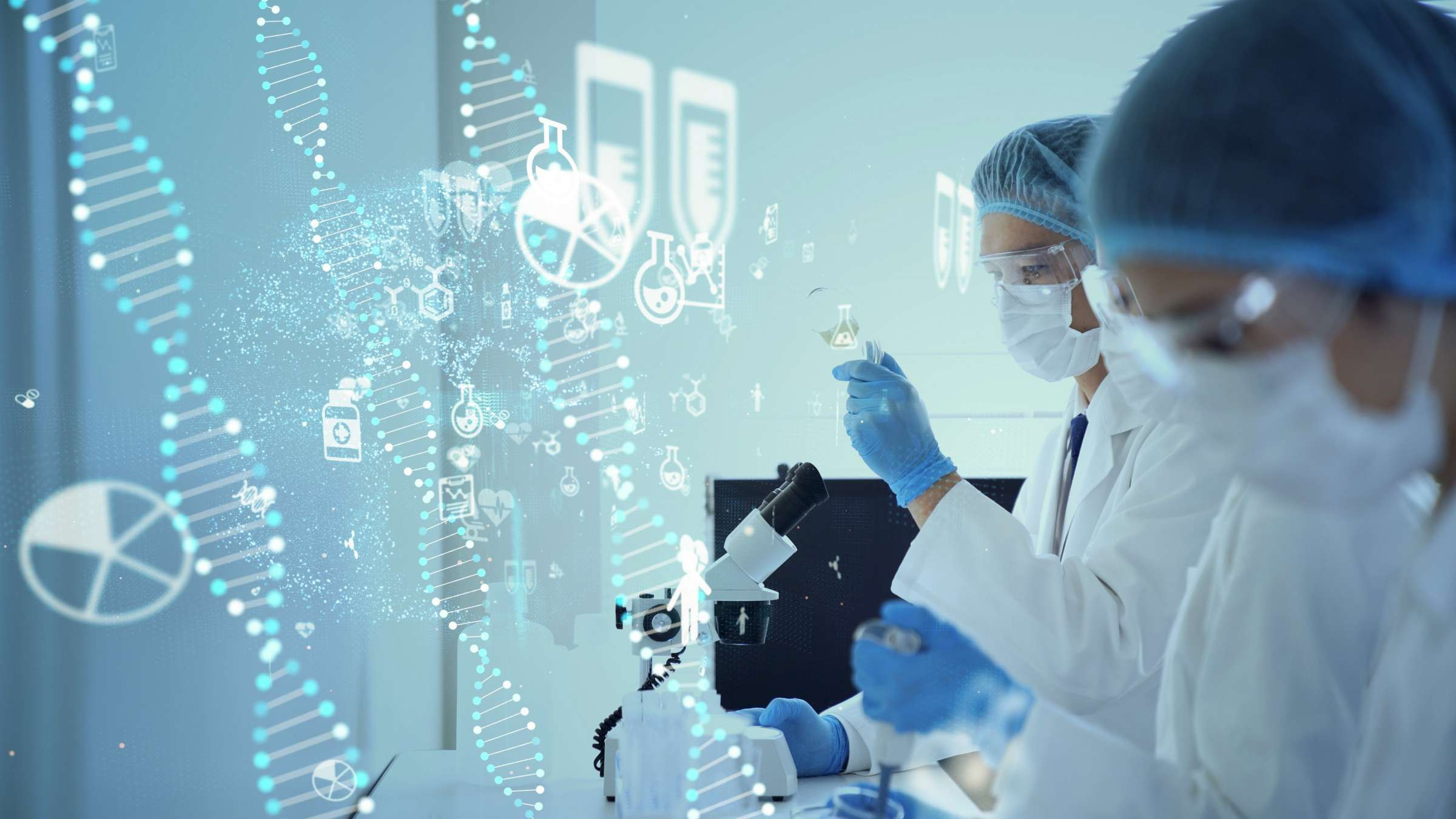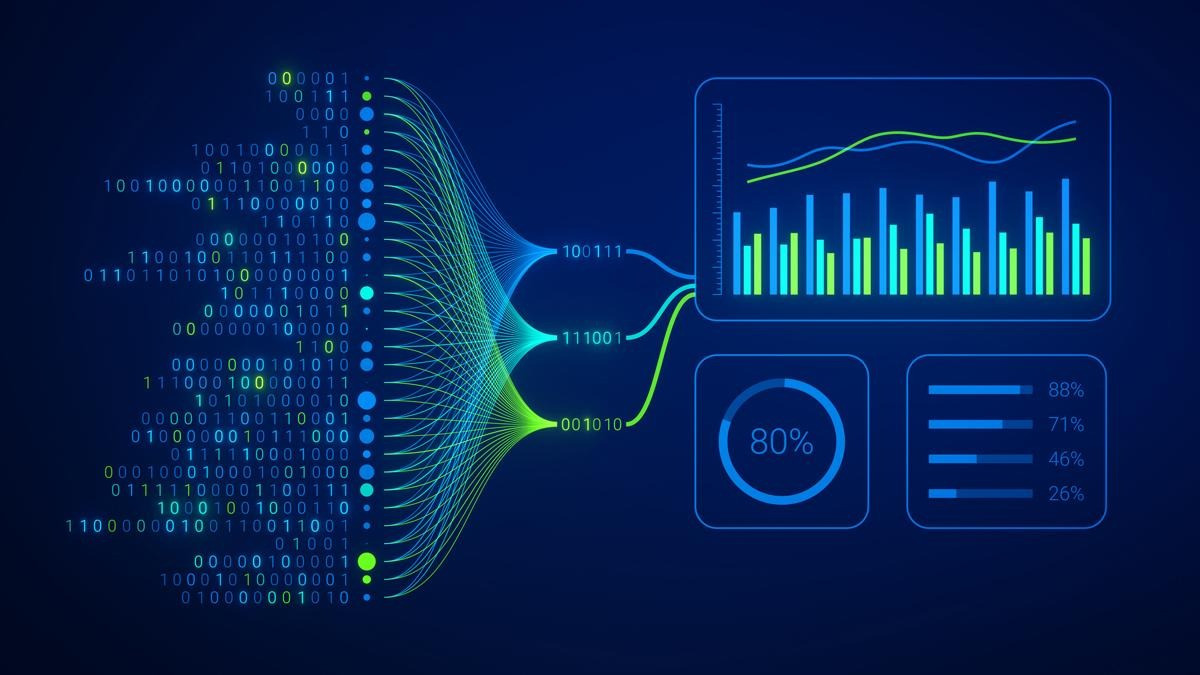Real-Time Data Monitoring: Transforming Quality Control in Pharmaceutical Manufacturing
Event Date : 06-May-2024
Introduction
In the high-stakes world of pharmaceutical manufacturing, ensuring the utmost quality and compliance is not just a goal—it's a necessity. Real-time data monitoring represents a revolutionary advance in this arena, offering pharmaceutical companies unprecedented control over their production processes.
The Importance of Quality Control in Pharma Manufacturing
Quality control in pharmaceutical manufacturing is crucial for ensuring the safety and efficacy of products that directly impact patient health. In an industry governed by stringent regulatory standards, companies must rigorously monitor and maintain product quality throughout the manufacturing process. Failure to do so can lead to significant health risks, costly recalls, and damage to corporate reputation.
Real-Time Data Monitoring: What It Is and How It Works
Real-time data monitoring involves the continuous collection and analysis of production data using advanced technologies such as sensors, the Internet of Things (IoT), and cloud computing. These technologies provide a live feed of data from the manufacturing floor, allowing for instant analysis and response.
● Sensors on equipment detect variables like temperature, pressure, and chemical composition.
● IoT technology connects these sensors to network systems that can aggregate and analyze data from across the production line.
● Cloud computing facilitates the storage and analysis of large volumes of data, enabling complex processing that can be accessed remotely and shared with regulatory bodies as needed.
Benefits of Real-Time Data Monitoring in Pharma
Enhanced Product Quality:
Real-time monitoring allows for immediate adjustments to the manufacturing process, correcting deviations before they lead to quality defects. This proactive approach ensures products consistently meet predetermined specifications and reduces the risk of non-compliance with regulatory standards.
Increased Operational Efficiency:
With real-time data, manufacturers can streamline production processes, reduce waste, and minimize downtime. By identifying inefficiencies immediately, companies can implement corrective actions quickly, saving time and resources.
Regulatory Compliance:
Real-time data provides a detailed and traceable record of production variables, crucial for demonstrating compliance with regulatory requirements. This transparency helps facilitate audits and inspections, building trust with regulators and consumers.
Implementing Real-Time Monitoring in Pharmaceutical Operations
To integrate real-time data monitoring, pharmaceutical companies should:
● Invest in the Right Technology: Select sensors and IoT platforms that fit the specific needs of their production processes.
● Upgrade Infrastructure: Ensure that IT infrastructure can handle large volumes of data and complex processing, with robust cybersecurity measures in place.
● Train Staff: Equip employees with the skills to operate new technologies and interpret data effectively. This includes ongoing training to keep up with technological advancements.
Challenges and Considerations
While the benefits are significant, the implementation of real-time data monitoring is not without challenges:
● High Initial Costs: The upfront investment in technology and infrastructure can be substantial.
● Data Security: Protecting sensitive production data from cyber threats is critical.
● System Integration: Integrating new technologies with existing systems can be complex and requires careful planning and execution.
Conclusion
Real-time data monitoring is transforming the landscape of pharmaceutical manufacturing by enhancing quality control, increasing efficiency, and ensuring regulatory compliance. As the pharmaceutical industry continues to evolve, embracing such technologies will be critical for companies aiming to maintain competitive edge and uphold the highest standards of patient safety. Adopting real-time data monitoring is not merely a technological upgrade—it is a strategic enhancement to the very core of pharmaceutical operations.


Driving Innovation in Drug Manufacturing: The Next Frontier for Pharma Companies
Apr, 2024
This blog post delves into the latest trends and technologies revolutionizing drug production, including continuous manufacturing, personalized medicine, and the integration of AI.

Enfoques innovadores para el desarrollo de medicamentos: estrategias basadas en datos de Pi Pharma
Sep, 2024
Esta entrada de blog explora cómo el aprovechamiento de los macrodatos y la analítica avanzada está transformando la industria farmacéutica, acelerando el descubrimiento de fármacos y agilizando los ensayos clínicos.

Strategic Market Entry: Using Data Intelligence to Penetrate MENA Pharmaceutical Markets
Jun, 2024
Learn how strategic use of data intelligence can facilitate successful market entry into the MENA region for Spanish pharmaceutical companies.